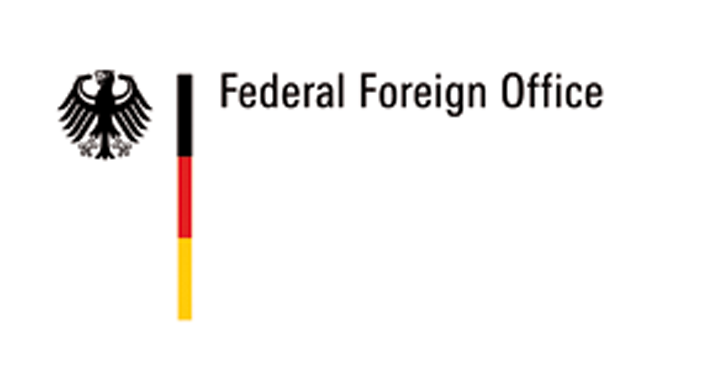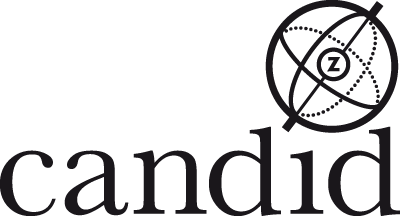No strings attached? International Finance Institutions, Donor Countries & Policy Requirements
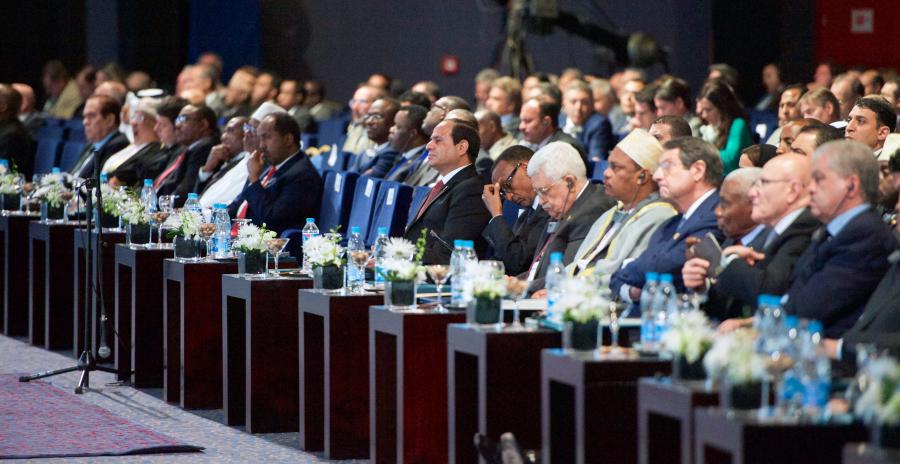
International heads of state and investors at the Egypt Economic Development Conference in Sharm El Sheikh in March 2015, Photo: US State Department
Budget planning in ACT countries is often tied to policy requirements. Is lending the right tool to initiate structural reform and what leverage should donors and recipients have when they negotiate the terms of economic governance? It is high time to define everyone’s expectations.
International financial institutions (IFIs) like the World Monetary Fund (WMF) and the World Bank often find themselves at loggerheads with government representatives in Arab countries in transition (ACTs). Tensions seldom arise over micro-managed projects but rather over the terms of large-scale loans. Here is where short-term needs and long-term goals clash: ACT governments find themselves hard pressed to balance budget deficits in order to maintain public services and not risk social unrest and political instability.
If those countries cannot afford to borrow from international markets, IFIs are often the only option to secure funds. In return, IFIs expect governments to tackle the root causes for perpetually high public expenditures and initiate structural reform. What the IFIs perceive as a basis for sound economic governance against corruption and inefficiency is hard to sell to the public even for those politicians in ACTs who came to power denouncing the legacies of previous regimes. IFIs even stand accused of being part of those legacies by promoting privatisation of public services that ended up enriching the ruling elites without delivering the benefits of liberalisation to the general population.
For this reason, civil society organisations in ACTs are often at odds with both their governments and IFIs. While the major Western IFI contributors loosely tie a demand for democratic inclusion to the exchange of funds, negotiations almost exclusively take place at government level. Moreover, civil society organisations do not yet have sufficient access to decision-making processes in ACTs.
Civil society organisations, however, demand transparency, accountability, and participation in both negotiations of terms and allocation of IFI funds. Since civil society activism encompasses a wide spectrum of issues – among them youth, labour, democracy and gender issues – interests and demands differ, and have not yet found a common-ground platform that effectively formulates an agenda vis-à-vis governments and donor institutions.
Supported by

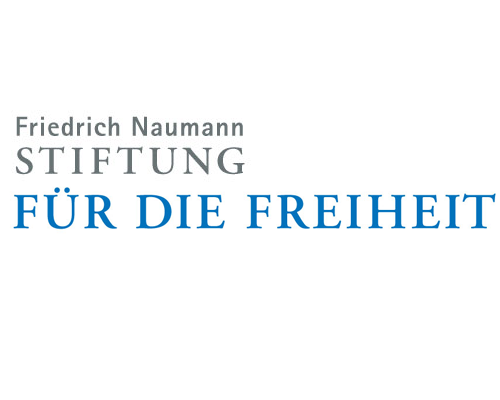


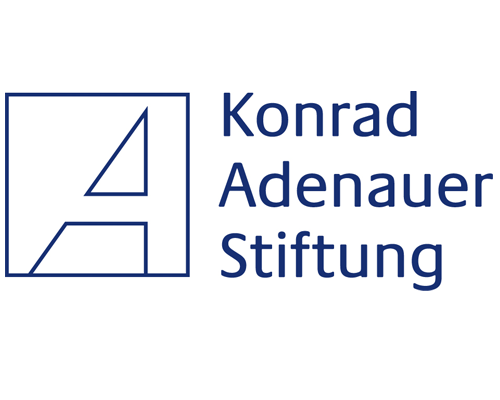

© CANDID Foundation gGmbH 2015


